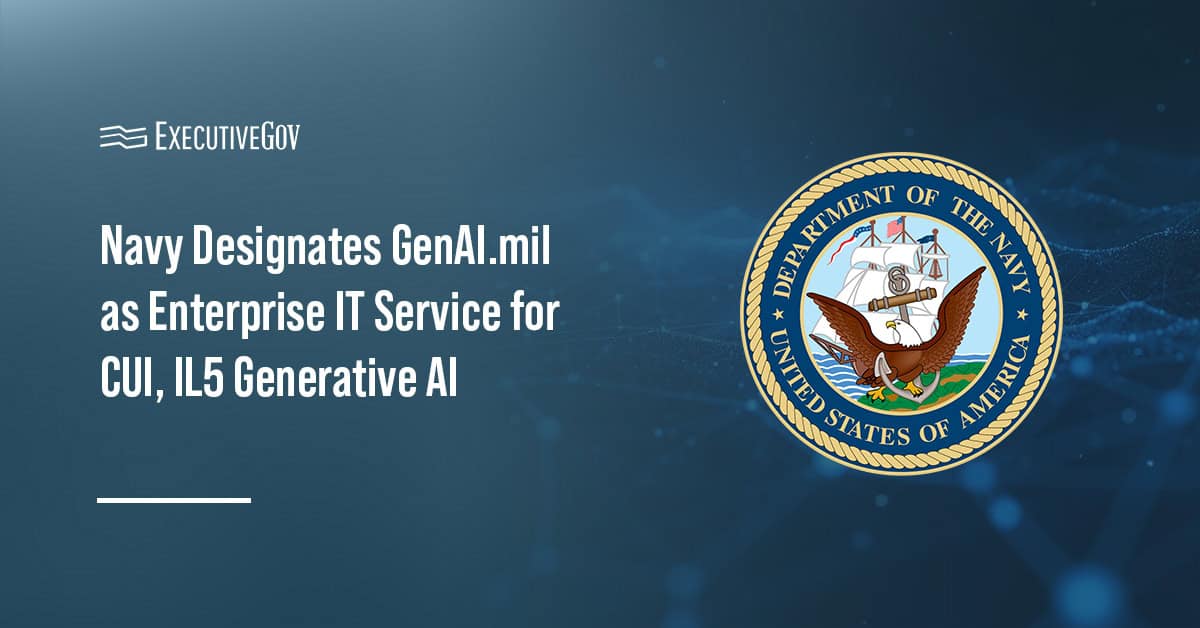
The federal government is testing the use of a portal through which ethical hackers would report cyber vulnerabilities in software, Cyberscoop reported Friday. Interested contributors would submit input via SecureDrop, an open source software that allows individuals to anonymously submit input such as information on cyber weaknesses.
The method aims to protect the identity of ethical hackers and encourage them to submit information without the risk. The Department of Homeland Security’s Cybersecurity and Infrastructure Security Agency would collect and assess submitted information.
The DEF CON hacking conference will host servers to gather input from ethical hackers. DHS seeks to tap deeper into the cybersecurity community amid thousands of vulnerability reports submitted every year, Cyberscoop noted.





